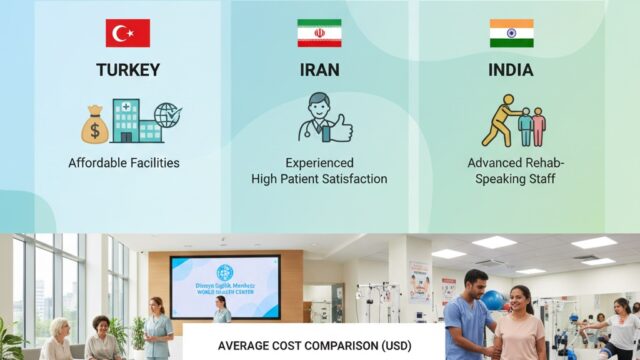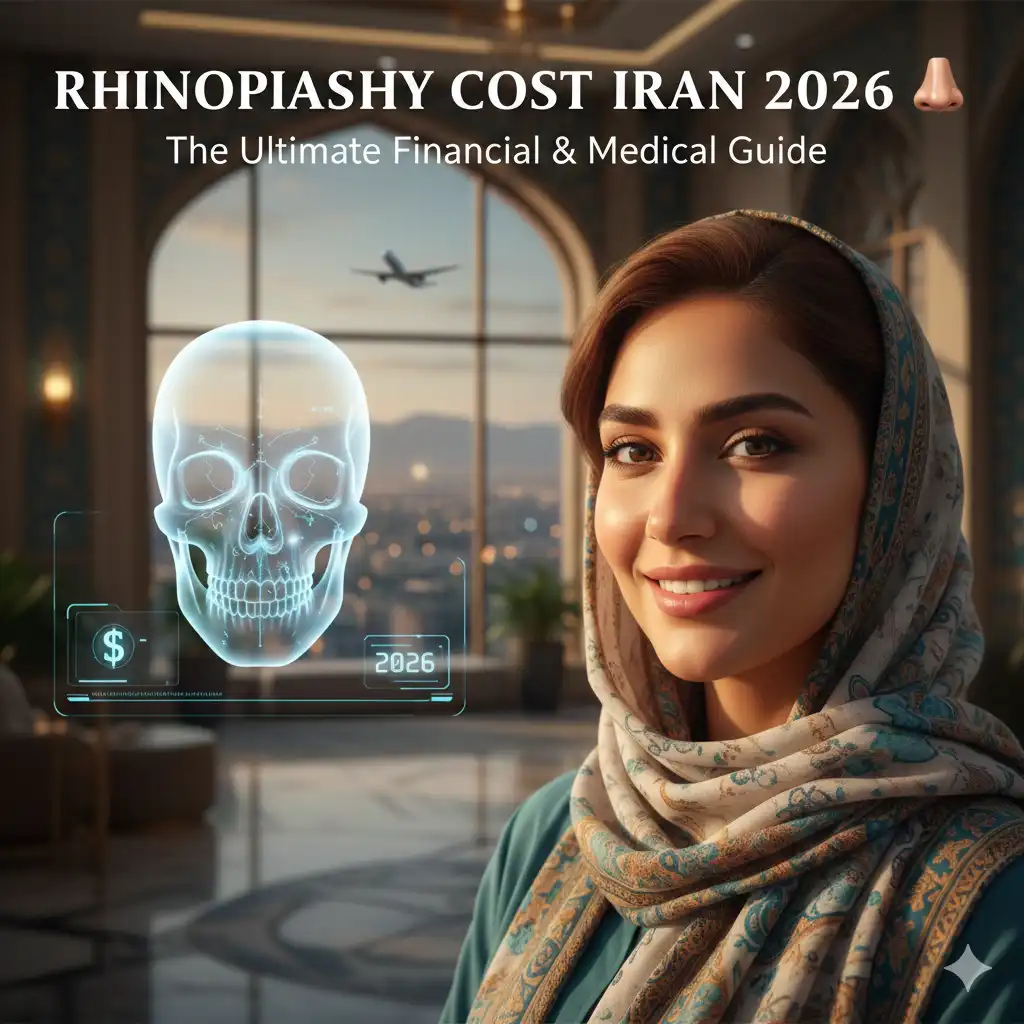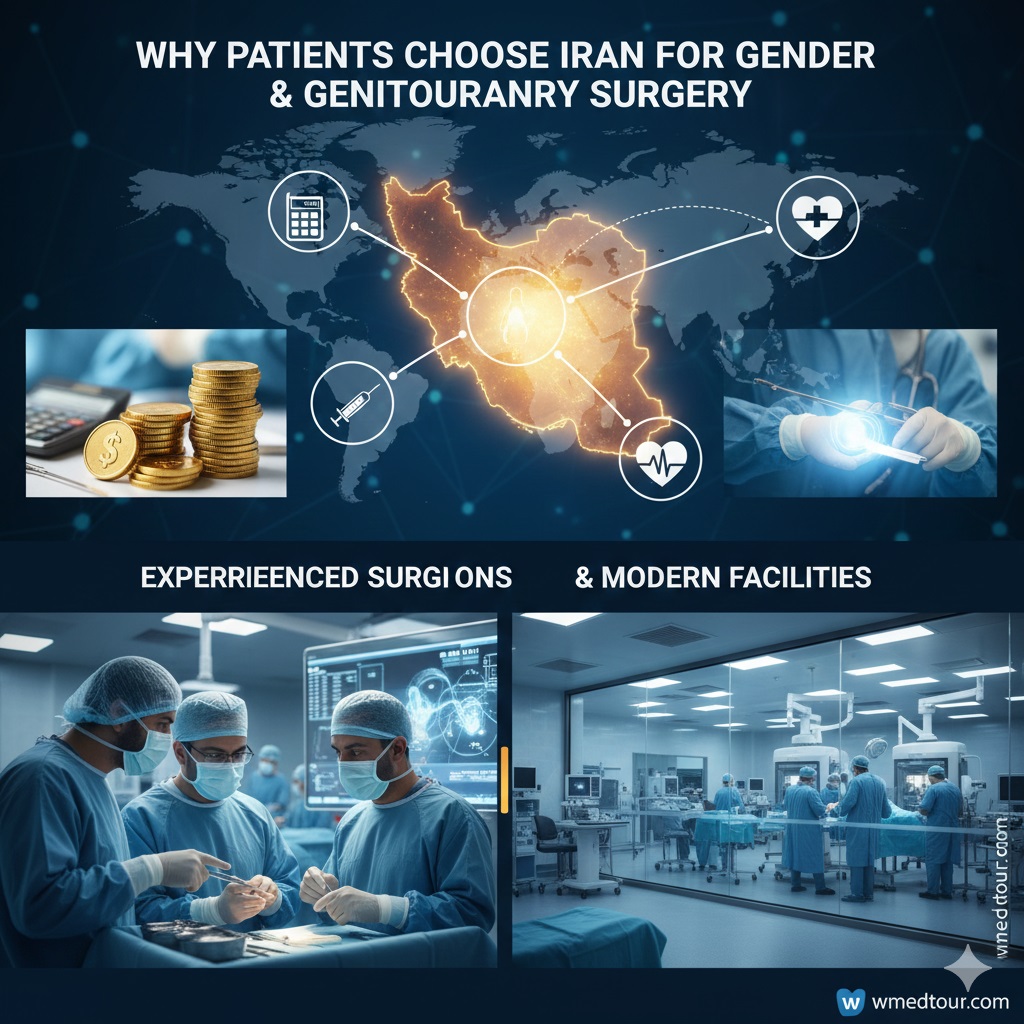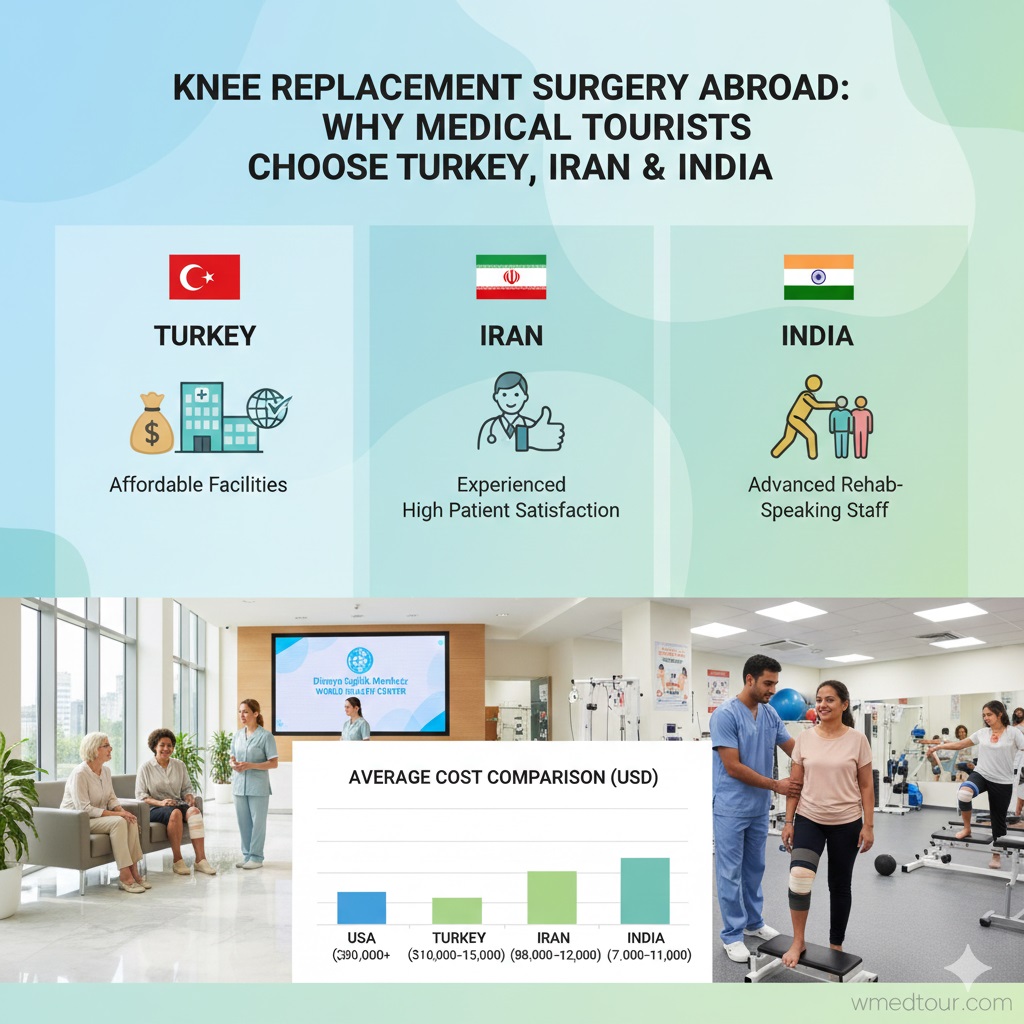
Rhinoplasty in Iran 2026: Your Ultimate Guide & Cost
Rhinoplasty in Iran 2026: Your Ultimate Guide to a Confident New You Considering a rhinoplasty, or nose job, is a significant and life-changing decision. For countless individuals, the choice to undergo rhinoplasty in Iran is not just about aesthetics but also about enhancing self-confidence and improving breathing function. Indeed, Iran has solidified its position as a global leader in this field, earning the nickname “the rhinoplasty capital of the world.” But what exactly makes it such a sought-after destination for medical tourists? This comprehensive guide will walk you through every essential detail, from understanding the surgery itself to navigating the travel and recovery process in 2026. You will discover why Iran remains a top choice for those seeking high-quality, affordable, and expert care. Why Iran Remains a Top Destination for Rhinoplasty Iran’s reputation as a hub for cosmetic surgery is no accident. In fact, its success is a result of


















